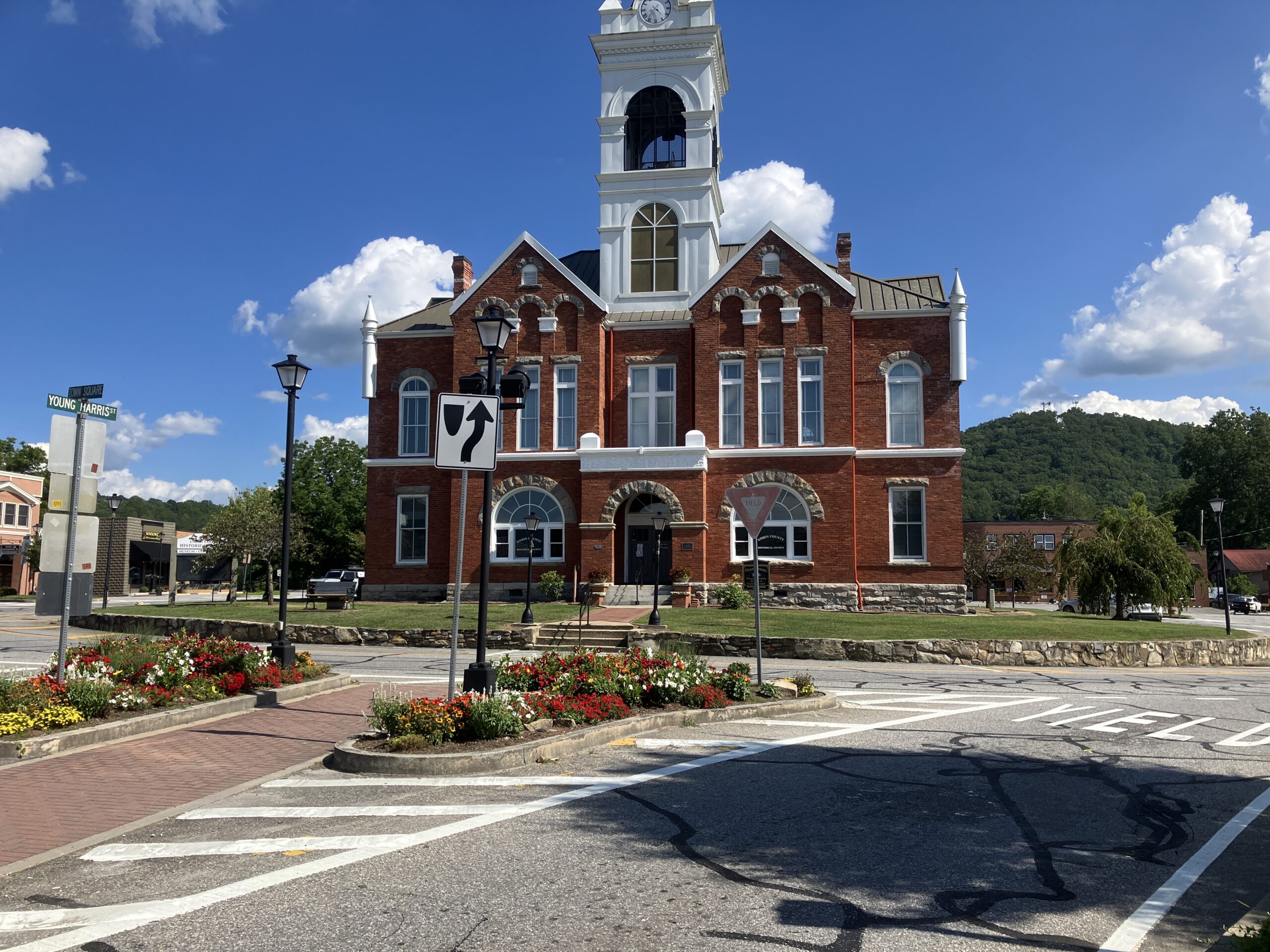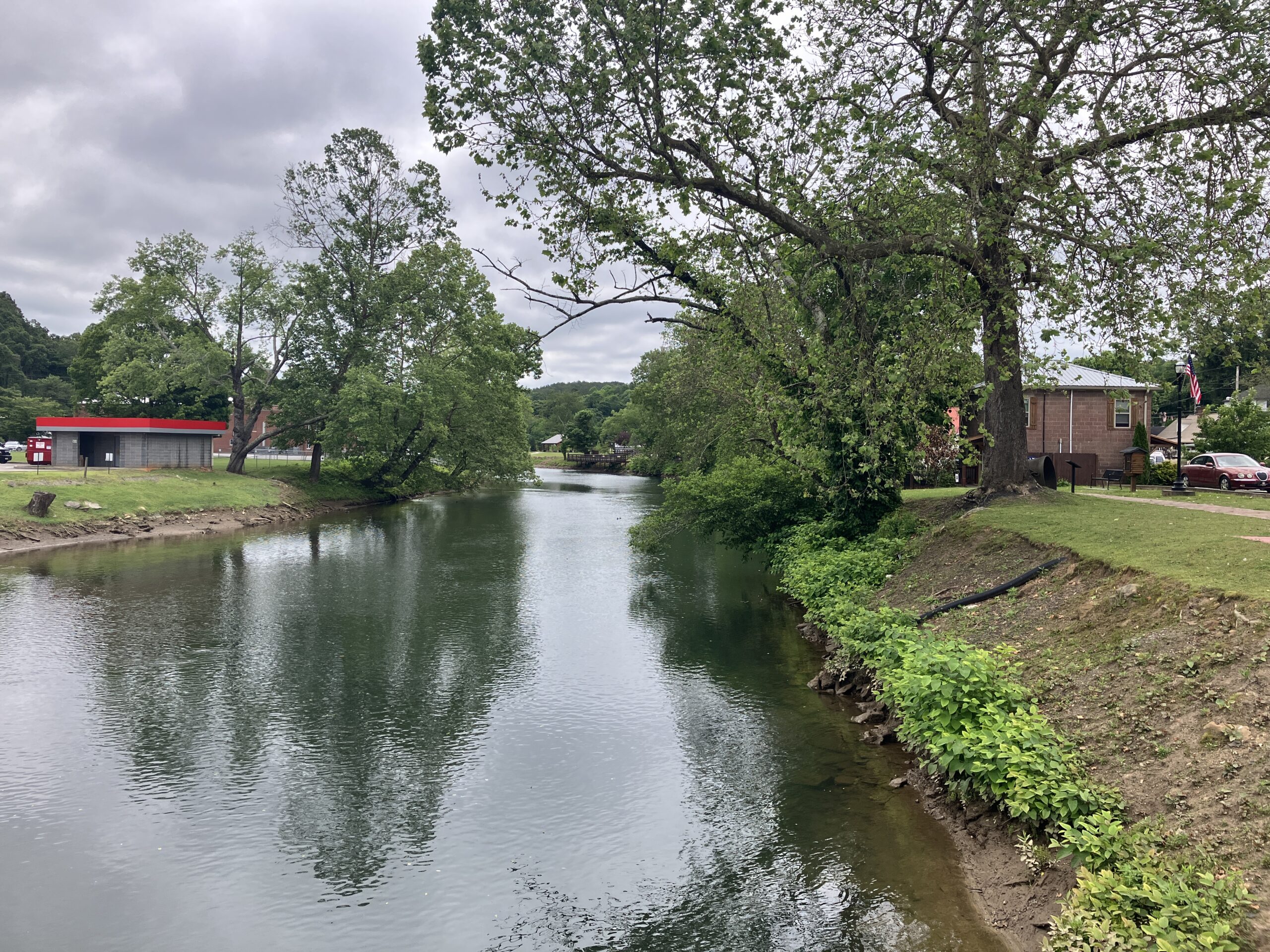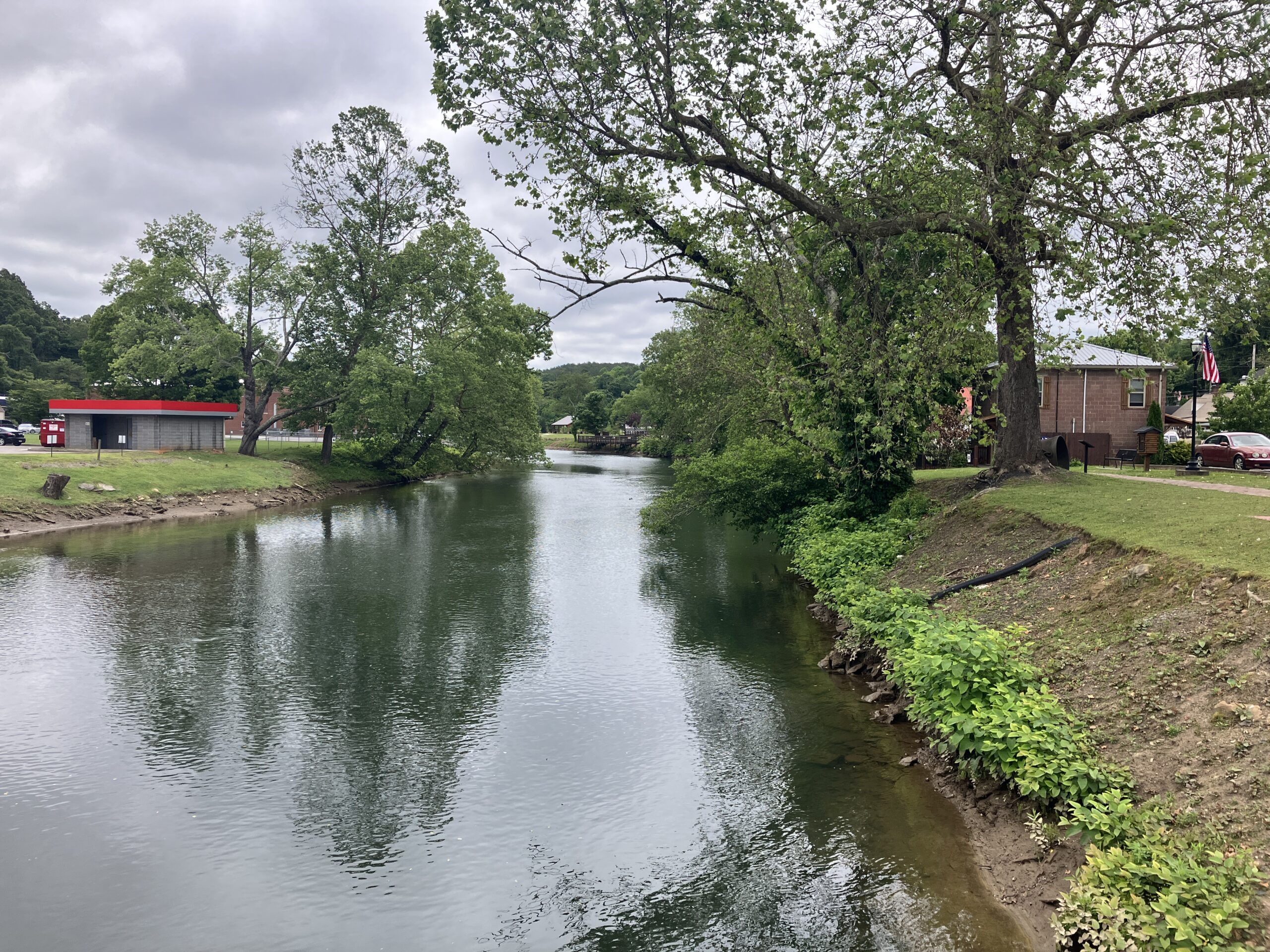People regularly ask us whether they should use a trust to protect assets n case they go to a nursing home. The answer is, … maybe. If your crystal ball can predict the future, then we can answer that question with certainty (our crystal ball doesn’t work). Medicaid has rules that apply to any trust […]
Blog
We haven’t posted much lately because we’ve been busier than a one-armed paper-hanger, but we did want to let our friends know that Elizabeth Ann (“Elle”) is no longer with us. Elle was diagnosed with diabetes several months ago and we began giving her insulin after each meal. She had good days and bad days […]
The following video clips are from Berkshire Hathaway Annual Meetings where Warren Buffett fielded questions regarding estate planning: 2013 Annual Meeting: 2023 Annual Meeting:
On September 17, 2023, David L. McGuffey recorded a video for ezelderlaw.com regarding Financial Eligibility for Georgia Medicaid in 2023. Mr. McGuffey anticipates updating the video for 2024. If you’re interested in see the video, you can view it HERE.
When a married individual applies for Medicaid, the law protects the healthier spouse (known as the Community Spouse) if he or she has low income. The law also allows the Community Spouse to keep more resources than the $2,000 limit that applies to single applicants. The rules describing how the Community Spouse income allowance is […]
From time to time, I read “ruminations” published by David E. Hultstrom. Along with Anitha Rao, David is the co-founder of Financial Architects and is the smartest person who never successfully taught me how to use a financial calculator. In his July 1, 2023 post, David answered someone’s question about retirement this way: “You can […]
The Kaiser Family Foundation (KFF) recently updated its Medicaid Enrollment and Unwinding Tracker. The tracker was originally published on May 3 and is updated regularly as new data becomes available. As of July 28, 2023, at least 3,816,000 individuals have been kicked off of Medicaid. This amounts to a shocking 38% of people who have […]
Sean McKissick, a probate litigation attorney, recently wrote “the sad truth is that there is no impregnable suit of armor that will absolutely protect your estate plan from the slings and arrows that may come its way after you die.” He’s right. I began my career as a litigator and we would tell people that […]
On July 26, 2023, Investmentnews.com released a story titled “Our glass is half empty” — why your clients are worried. It discusses a recent survey conducted by Blackrock which indicates that the number of U.S. retirement savers who feel they are “off track” has more than doubled since 2021. As a result, nearly 30% of […]
On July 27, 2023, the Rosalyn Carter Institute issued the following announcement: I am writing to share an exciting update from RCI and our partners at the U.S. Department of Veteran Affairs (VA). Today, we are releasing a brand new toolkit to help caregivers of Veterans prepare for disasters. The toolkit, titled Prepared Caregivers: A […]

























